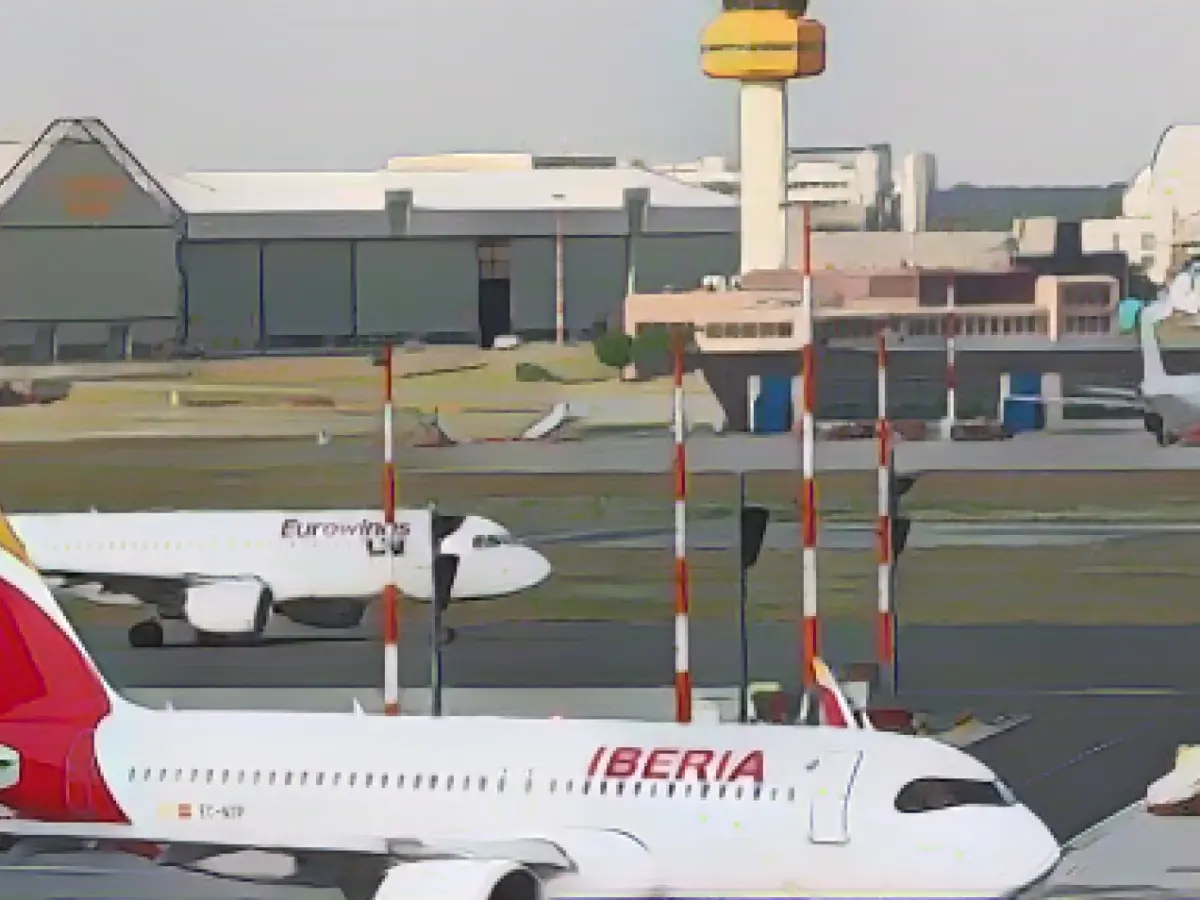The optimism in the travel industry is back in 2023, with tour operators seeing strong bookings and airlines remaining relatively calm about the upcoming year, despite seat availability being scarcer in Germany than in other European countries. However, travelers should not expect significant price reductions, as Lufthansa's CEO Carsten Spohr recently announced that ticket prices will stay high, similar to other prices.
The German Travel Association (DRV) hints at a potential moderate increase in package tour prices, although the Federal Government's planned increase in air traffic tax could make summer vacations significantly pricier for millions of Germans, according to association president Norbert Fiebig. Tour operators were anticipating average price increases in the mid-single-digit percentage range before the announcement, but this could potentially increase further due to the air traffic tax plan.
The return of early bookers has led to a successful travel year for the industry, with sales exceeding those of the record year 2019, as reported by DRV president Fiebig. Sadly, high inflation has made it challenging for some to afford a package tour trip. Despite this, the industry expects to catch up in terms of guests for the summer season, with major players like Tui aiming to bring their customer numbers back to the 2019 level.
Drive-in Touristik Group is particularly optimistic about the summer season, expecting their customer numbers to reach record heights with brands like Dertour, ITS, and Meiers Weltreisen. Schauinsland Managing Director Gerald Kassner and Alltours boss Willi Verhuven share this optimism, attributing it to people's desire to escape their daily lives and travel, even amidst various crises.
German airlines remain relaxed about the new year, although air travel remains expensive behind the government's decision to increase ticket tax as an additional funding source. IATA forecasts moderate profit growth for both the global and European airline markets in 2024. Lufthansa, the largest provider, plans to increase its capacity by 10 points to 95% of the pre-crisis level in 2024, but has since had to cancel flights due to capacity constraints.
Low-cost carriers like Ryanair, Wizz, and Easyjet may compensate for the lack of flights in Germany, although they are also facing delivery problems with US manufacturer Boeing and have fewer aircraft than intended. Tourism providers, on the other hand, are launching more flights to increase their offerings. The German Aviation Association (BDL) estimates that the number of seats available in Germany through May 2024 will only reach 84% of the 2019 level, while the rest of Europe is expected to reach 102%.
In summary, while the travel industry is cautiously optimistic about 2024, ongoing government regulations and supply chain challenges may impact ticket prices and availability, particularly in Germany.
Sources: [1] [4]






